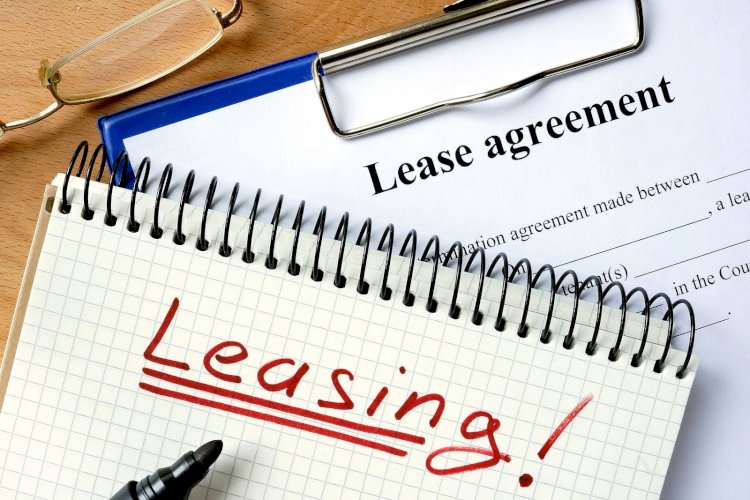Things to Remember Before a Lease is Signed
Many small company owners hurry into a lease deal in the thrill of planning to launch a new business and trying to get the doors open as quickly as possible, without having the time to properly consider what they have agreed to.

Here are a few major things you should know if you're trying to sign a retail contract.
Significant terms and conditions
A variety of terms and conditions unique to the property will be specified in your contract. Look out for the following attributes while checking the lease to making sure you are satisfied with what is outlined:
- The term of the contract and your extension opportunity
- For additional lease terms, the dates to use any option
- The sum of money you need to pay for the rental
- For rent evaluations, the rate and rent changes illustrated
- Expenditures and other risks of accommodation
- The approved use of the premises
- At the end of the contract, make-good
- The landlords would be free to end the lease early if they want to rebuild the house
When did you enter into a leasing agreement?
You have entered into a contract under the Commercial Tenancy (Retail Shops) Agreement Act 1985 (CTA) because you have:
- Taken control of the premises
- Started to pay rent,
- The contract was signed by the landlord and you
State government conditions that circumvent the stipulations of retail leasing
The CTA covers key criteria that tenants are expected to enforce (and override any conflicting provisions in the lease). They include:
- Land repair and renovation (shopping centers)
- Provide an audited statement (in most cases) of annual outgoings
- Pay for the lease planning
- Cover the enforcement risks of their own compliance with the CTA
- Renewal notification will be sent to you and the tenant
The best piece of advice we can give you when it comes to signing a lease is to take your time and get legal advice.


 Local BangaloreTeam
Local BangaloreTeam 










